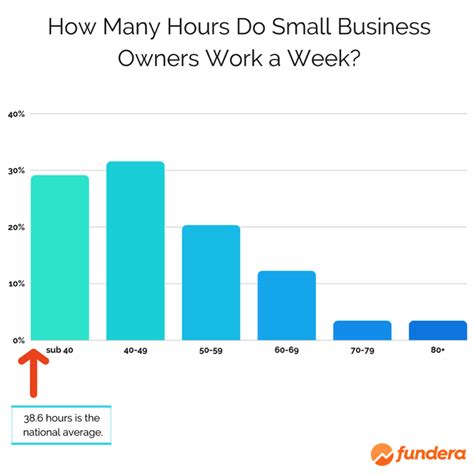U.s. Small Business Owner Salary: Average And Insights

Running a small business can be a fulfilling and profitable venture. However, it can also be challenging, especially when it comes to determining your salary as a small business owner. In this post, we’ll explore the average salary of small business owners in the United States, as well as some insights to help you make informed decisions about your own compensation.
The Average Salary of Small Business Owners
According to the Small Business Administration (SBA), the average salary of a small business owner in the United States is $71,000 per year. However, this number can vary widely depending on factors such as location, industry, and the size of your business. Here are some additional insights to consider:
Location
The cost of living varies widely across the United States, so it’s important to take into account where your business is located when determining your salary. For example, the average salary in San Francisco, CA is $96,265, while the average salary in Birmingham, AL is $56,536.
Industry
The industry you’re in can also play a significant role in determining your salary. For example, small business owners in the healthcare industry tend to have higher salaries than those in the retail industry. According to PayScale, the average salary for a small business owner in the healthcare industry is $82,000, compared to $59,000 in the retail industry.
Business Size
The size of your business can also impact your salary as a small business owner. Generally, the larger the business, the higher the salary. According to Indeed, small business owners with 1-4 employees have an average salary of $69,000, while those with 5-9 employees have an average salary of $83,000.
Insights for Determining Your Salary as a Small Business Owner
Now that we’ve covered some of the basics, here are some insights to help you determine your own salary as a small business owner:
Consider Your Business Expenses
When determining your salary, it’s important to factor in your business expenses. This includes things like rent, utilities, supplies, and employee salaries. You’ll want to make sure you’re paying yourself enough to cover your personal expenses as well as your business expenses.
Set Realistic Goals
It’s important to set realistic goals for your business and for your salary as a small business owner. This may mean adjusting your expectations or putting in more work to grow your business. Be sure to regularly review your financials and adjust your goals as needed.
Consider the Value You Bring to Your Business
As a small business owner, you bring a lot of value to your business. Consider the skills, experience, and expertise you bring to the table when determining your salary. You may also want to consider the market value for your role in your industry.
Consult with a Financial Advisor
If you’re still unsure about how to determine your salary as a small business owner, consider consulting with a financial advisor. They can help you make informed decisions based on your unique financial situation and business goals.
FAQs
What is the average salary of a small business owner?
The average salary of a small business owner in the United States is $71,000 per year, according to the SBA. However, this number can vary widely depending on factors such as location, industry, and the size of your business.
How can I determine my own salary as a small business owner?
When determining your salary as a small business owner, consider your business expenses, set realistic goals, consider the value you bring to your business, and consult with a financial advisor if needed.
What should I do if I’m not making enough money as a small business owner?
If you’re not making enough money as a small business owner, consider adjusting your pricing, cutting expenses, or exploring new revenue streams. You may also want to consult with a financial advisor to help you make informed decisions.
How can I grow my business and increase my salary as a small business owner?
To grow your business and increase your salary as a small business owner, consider expanding your offerings, increasing your marketing efforts, and improving your customer experience. You may also want to consider hiring additional staff or outsourcing certain tasks to free up more of your time.
Remember, determining your salary as a small business owner is an important decision that requires careful consideration. By taking into account factors such as your business expenses, industry, and location, as well as considering your own value and consulting with a financial advisor, you can make informed decisions to help you achieve your financial goals.
